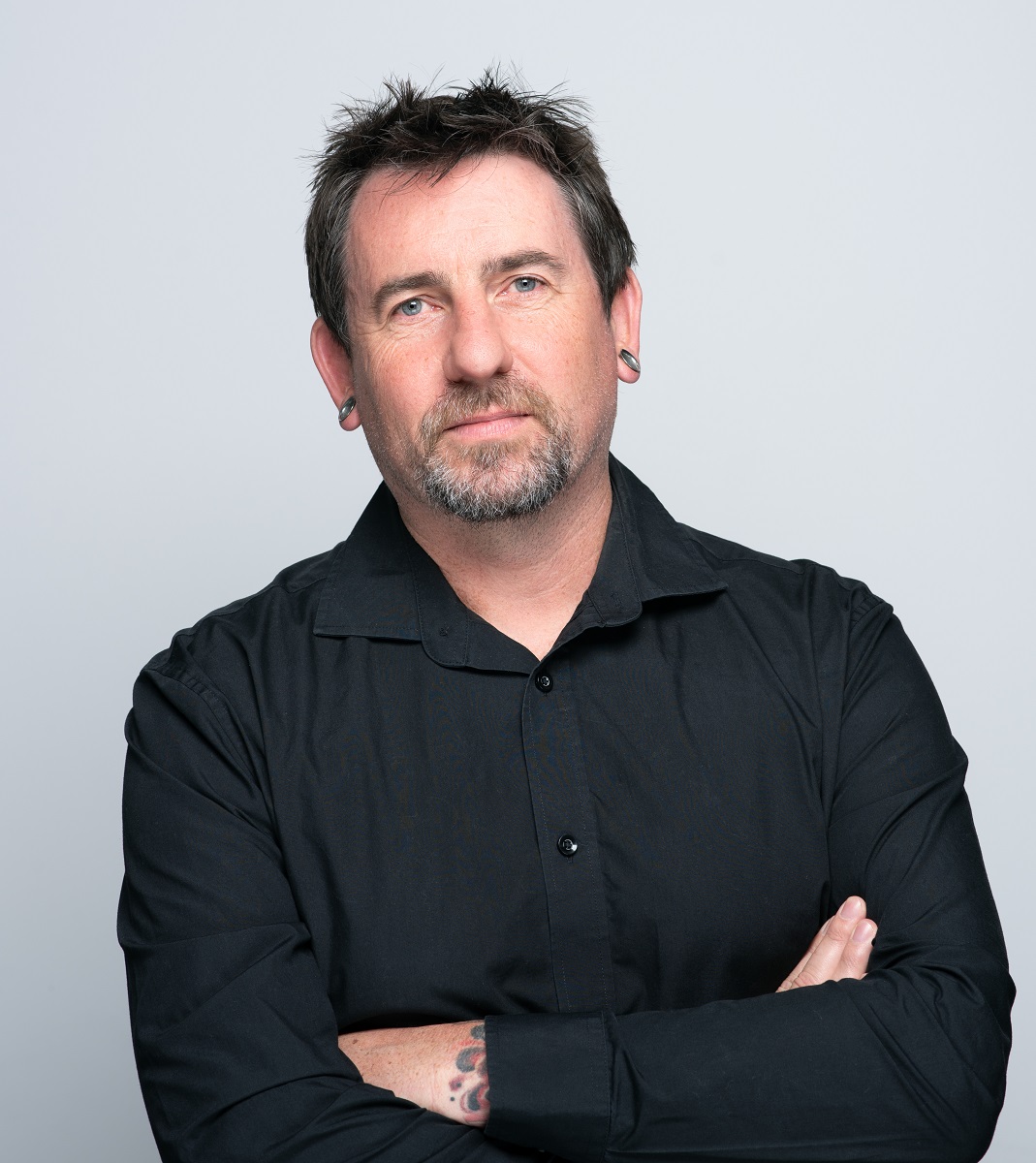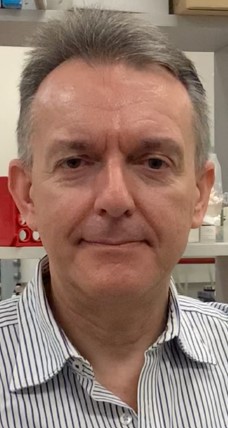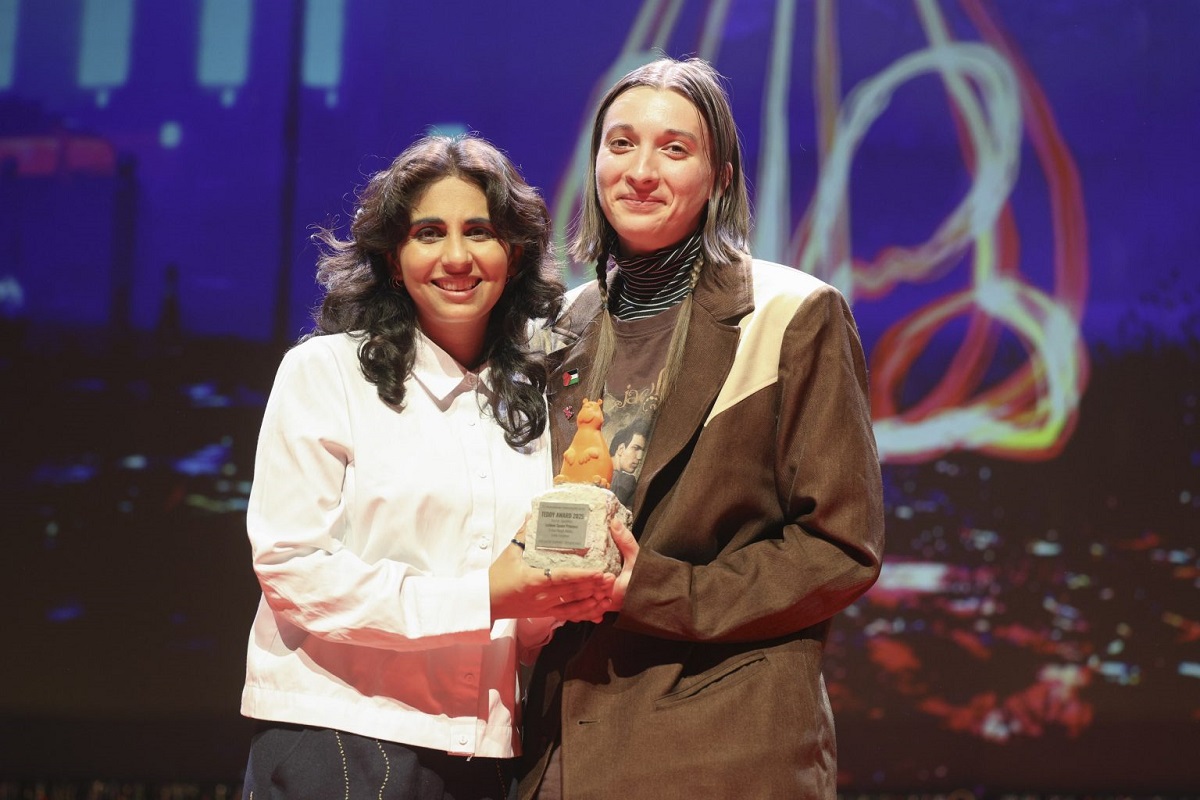
Helping to shape Australia
 In partnership with UNSW’s Kirby Institute, Flinders’ International Centre for Point-of-Care Testing has won The Community Champion Award in the Shaping Australia Awards. The award “honours an individual, team or university with deep ties to its community and the people who call it home, beyond just those who attend the institution.”
In partnership with UNSW’s Kirby Institute, Flinders’ International Centre for Point-of-Care Testing has won The Community Champion Award in the Shaping Australia Awards. The award “honours an individual, team or university with deep ties to its community and the people who call it home, beyond just those who attend the institution.”
The team took out the panel-judged award for their First Nations Molecular Point-of-Care (POC) Testing Program, making testing for infectious diseases more accessible. The program operates in over 75 remote communities, helping prevent serious complications like pelvic inflammatory disease and infertility. With over 60,000 tests conducted and 9,000 infections treated, this initiative has dramatically improved health outcomes.
Leading The Conversation

Professor Matt Fitzpatrick’s article “Ukraine isn’t invited to its own peace talks. History is full of such examples – and the results are devastating” was the most-read article on The Conversation between Monday 17 February and Sunday 23 February. It has been read 161,151 times so far (in English) and 9,953 (in French) with more than 75% of readers from countries outside Australia.
Outstanding contributions cited

Flinders’ Anatomy Assessment Design Team (Dusan Matusica, Christine Barry, Rainer Haberberger and Helen Anscomb) received a 2024 Citation for Outstanding Contributions to Student Learning in the 2024 Australian Awards for University Teaching (AAUT). Their innovative assessment strategies in the cadaveric dissection program support medical students in developing critical anatomical, clinical, and professional skills.
Employability STEMs from them

The team behind Flinders’ STEM WIL program was recognised for the value and enhancements they provide to student employability with an Australian Award for University Teaching (AAUT) for 2024. The past and current team supporting the Flinders University STEM WIL program have been recognised for delivering a program that consistently delivers outstanding graduate employability, student learning and student satisfaction rates when compared state-wide and nationally.
The WIL program immerses students in industry for up to 100 days, the longest undergraduate, core, credit-based placement in Australia. From small beginnings in 1994, the program’s success has led to sustained, planned expansion from approximately 20 undergraduate engineering students to over 300 undergraduate and postgraduate students across all STEM disciplines. This expansion of WIL as a core requirement into non-traditional areas such as mathematics and computer science is unique in its scope and design. Additionally, Flinders students can undertake their WIL Placement locally, nationally, or internationally, with the program being awarded multiple, consecutive New Colombo Plan funding grants from the Australian Government to support students in Singapore.
The program has been highly commended by accrediting bodies on multiple occasions, labelled the gold standard nationally, received University awards, and local and international recognition. The program models every criterion for good practice in WIL identified in the literature, drawing on decades of established WIL knowledge and Flinders’ proud history in delivering quality WIL programs. This enduring and continuously improving program is led by a unified team of Academics and Professional staff who engage closely with industry and provide student support throughout.
Weeding out ways to help cardiovascular health

Professor Arduino Mangoni has been awarded $273,171 from Marinova Pty Ltd and Marine Bioproducts CRC to investigate the effects of natural products from seaweed on markers of cardiovascular health.
Cardiovascular disease remains the leading cause of morbidity, disability, and mortality in Australia and worldwide. This warrants the identification of new preventive and therapeutic strategies. In this project, Professor Mangoni will investigate, in collaboration with Dr Corinna Dwan and Dr Barbara Wimmer from Marinova, the in vitro protective effects of seaweed products on the glycocalyx. The glycocalyx, a meshwork of carbohydrates that maintains the integrity of the inner lining of arterial walls, is increasingly being studied as a target to prevent the onset and the progression of atherosclerosis.
And the TEDDY goes to…

Alumni Emma Hough Hobbs (BCreatArts(DigitalMedia) ’18) is co-director of Lesbian Space Princess, which won the TEDDY AWARD for Best Feature Film at Berlinale.
The animated feature film follows introverted space princess Saira as she is forced to leave her home planet on an inter-gay-lactic mission to save her ex-girlfriend who has been kidnapped and is being held ransom by the Straight White Maliens. The TEDDY AWARD is a societal engaged political award, which is given to films and people, that communicate queer themes and content on a large scale and contribute with this to more tolerance, acceptance, solidarity and equality in society.
For more information, and to read an interview with Emma and co-director Leela Varghese, click here.

